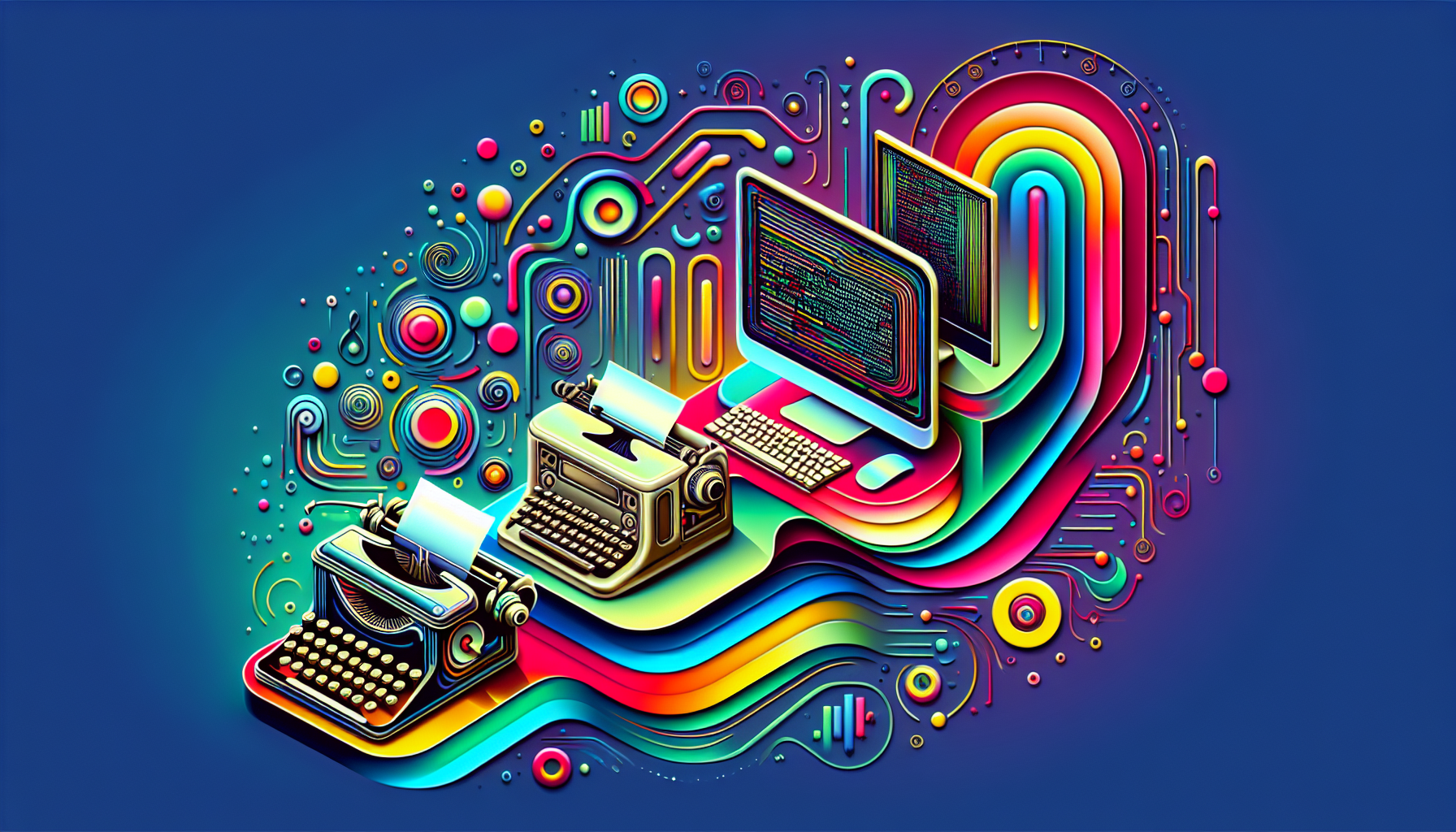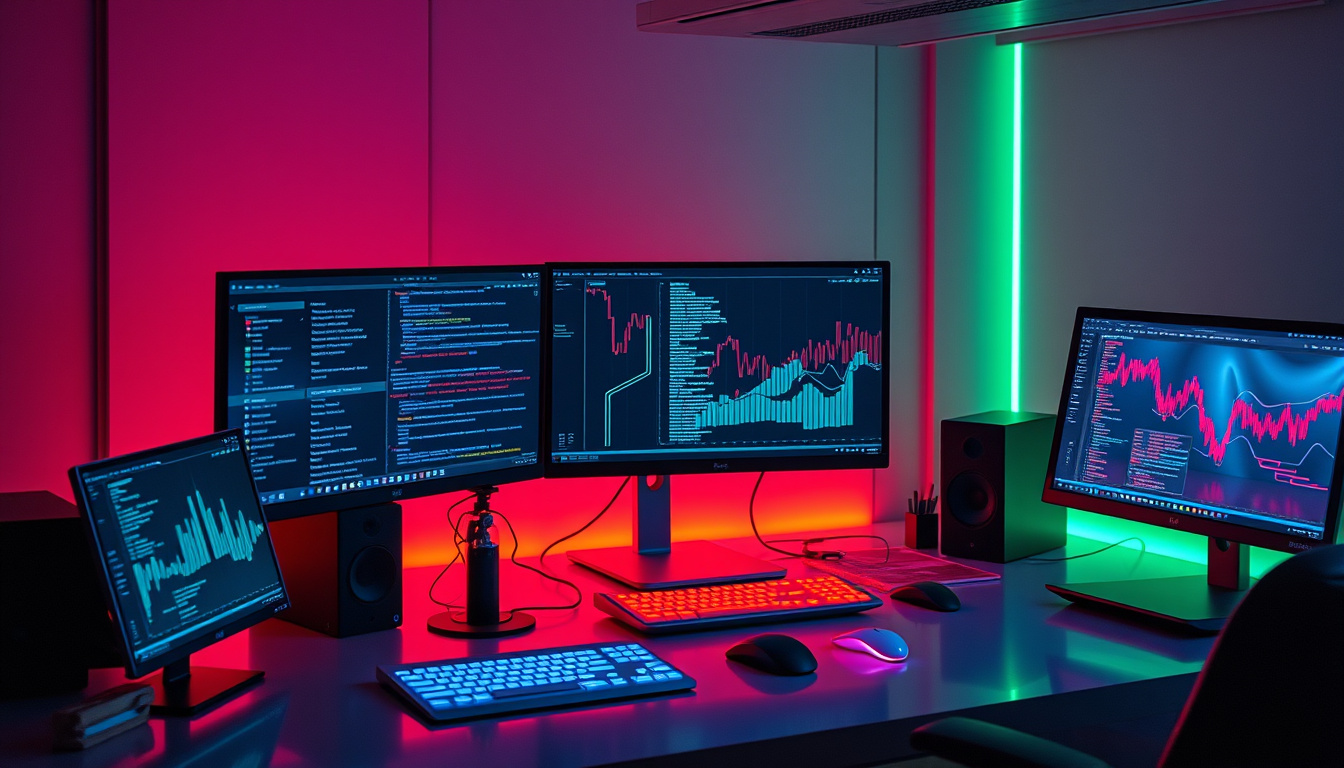
The Dawn of AI in Screenwriting
The evolution of Artificial Intelligence (AI) in screenwriting marks a transformative period in the film and television industry. Initially, AI’s role in screenwriting was simple and somewhat limited, focusing on analyzing scripts for readability, genre specificity, and basic structure. These early applications provided writers with valuable feedback but did not significantly impact the creative process itself.
Current State of AI in Screenwriting
As technology advanced, so did AI’s capabilities in screenwriting. Today, AI tools not only offer analysis but can also generate content. Algorithms are now capable of creating entire scripts based on predetermined inputs by writers, such as genre, plot points, and character traits. This shift has introduced a new paradigm in scriptwriting, offering an unlimited well of inspiration and possibilities for writers. AI’s ability to process vast amounts of data enables it to create unique plotlines, character arcs, and dialogues, which can inspire writers or serve as a foundation for further development.
Incorporating AI into the Creative Process
The integration of AI into the creative process has been met with both enthusiasm and skepticism. On one hand, it presents an exciting opportunity to push the boundaries of narrative construction and character development. For example, by analyzing extensive databases of existing literature and screenplays, AI can suggest unconventional story arcs or character interactions. On the other hand, there’s a concern about the potential for AI to diminish the human element that is so crucial to storytelling. The balance between leveraging AI for creative enhancement without compromising the essence of human-driven storytelling remains a delicate one.
The Future of AI in Screenwriting
Looking ahead, the role of AI in screenwriting is poised for further evolution. One area of potential growth is in personalized storytelling. With AI’s data analysis capabilities, scripts could be tailored to audiences or even individual viewers, offering highly personalized content experiences. Moreover, as machine learning algorithms become more sophisticated, we might see AI taking on more collaborative roles, acting as a real-time writing partner that can offer suggestions and alternative plot developments during the writing process.
Challenges and Ethical Considerations
However, this progression is not without its challenges. The increased involvement of AI in creative processes raises important ethical considerations about authorship, copyright, and the originality of content. As AI-generated content becomes more prevalent, the industry must grapple with questions of intellectual property: Who owns a script co-written by a human and an AI? Moreover, there is the potential for AI to reinforce existing biases found in its training data, making it crucial for developers to prioritize ethical AI practices.
Collaborative Synergy: The Ideal Scenario
The most promising aspect of AI in screenwriting is the potential for collaborative synergy between human writers and AI. By combining the unmatched creativity, emotional intelligence, and cultural understanding of humans with the data processing power and iterative capabilities of AI, the screenwriting process could be revolutionized. This partnership could lead to more nuanced, diverse, and engaging screenplays that might not have been possible before.
In conclusion, the evolution of AI in screenwriting is an ongoing journey with immense potential and significant challenges. As technology advances, the collaboration between human writers and AI could redefine storytelling in profound ways. The future of screenwriting with AI appears to be a frontier of limitless possibilities, heralding an era of enhanced creativity and innovation in the film and television industry.






